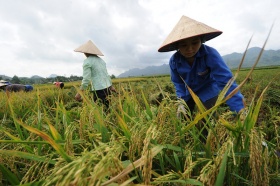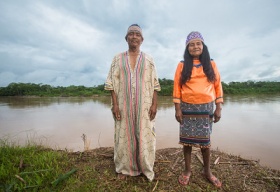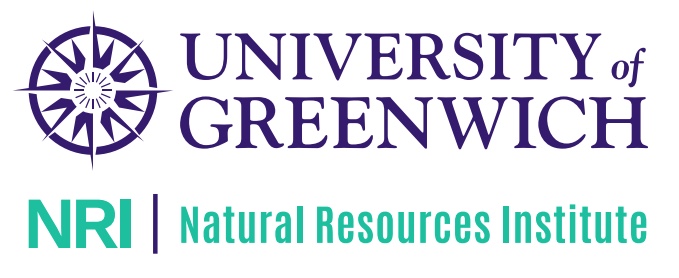Respecting legitimate land rights means that a company needs the explicit consent of the groups and individuals affected to access and use their land access their land, and that fair and open negotiations with the specific rights holders affected are needed.
Key facts: Land & InvestmentsBrowse all
The LEGEND pilots included cases where large scale concessions were agreed by governments and traditional leaders without consulting the actual land users or establishing proper contractual arrangements for land access or benefit sharing, leading to grievances, conflict and resentment as projects were established on community lands. The companies concerned came to recognise that in practice the free prior informed consent of specific landowning families and land users, including both women and men, is an essential condition for both legal and social license to operate:
- Consultation with chiefs, traditional leaders and authority figures is not enough, even if they have assumed powers to control the allocation of community land, and if governments say that no more is required.
- The Free Prior & Informed Consent (FPIC) of indigenous groups to land acquisitions is an accepted principle of international law. FPIC is widely recognized as consistent with good business practice for all communities, even if they are not considered to be indigenous: to succeed, all land-based investments require consensual solutions negotiated with host communities and land rights holders.
Disclaimer: The data displayed on the Land Portal is provided by third parties indicated as the data source or as the data provider. The Land Portal team is constantly working to ensure the highest possible standard of data quality and accuracy, yet the data is by its nature approximate and will contain some inaccuracies. The data may contain errors introduced by the data provider(s) and/or by the Land Portal team. In addition, this page allows you to compare data from different sources, but not all indicators are necessarily statistically comparable. The Land Portal Foundation (A) expressly disclaims the accuracy, adequacy, or completeness of any data and (B) shall not be liable for any errors, omissions or other defects in, delays or interruptions in such data, or for any actions taken in reliance thereon. Neither the Land Portal Foundation nor any of its data providers will be liable for any damages relating to your use of the data provided herein.








